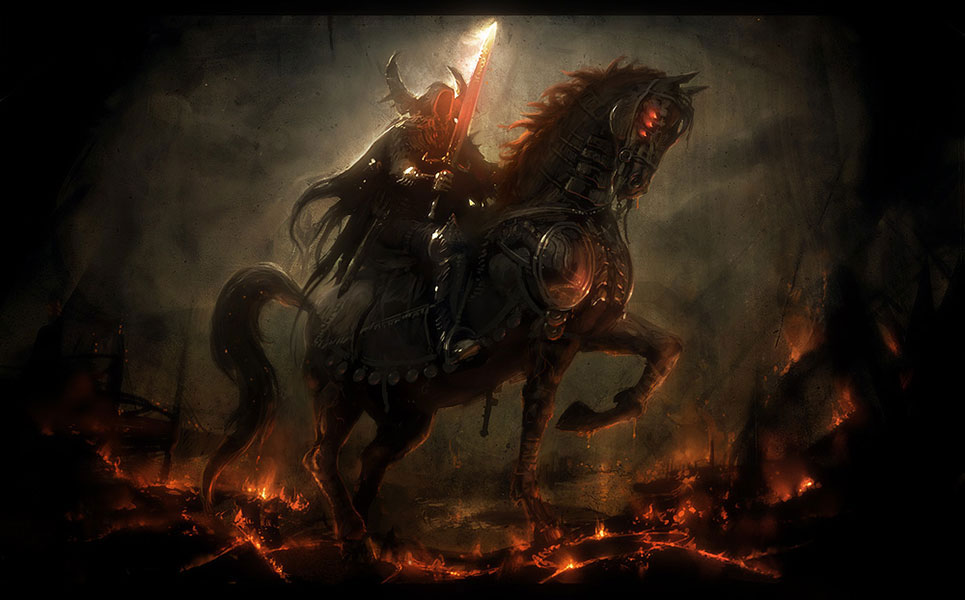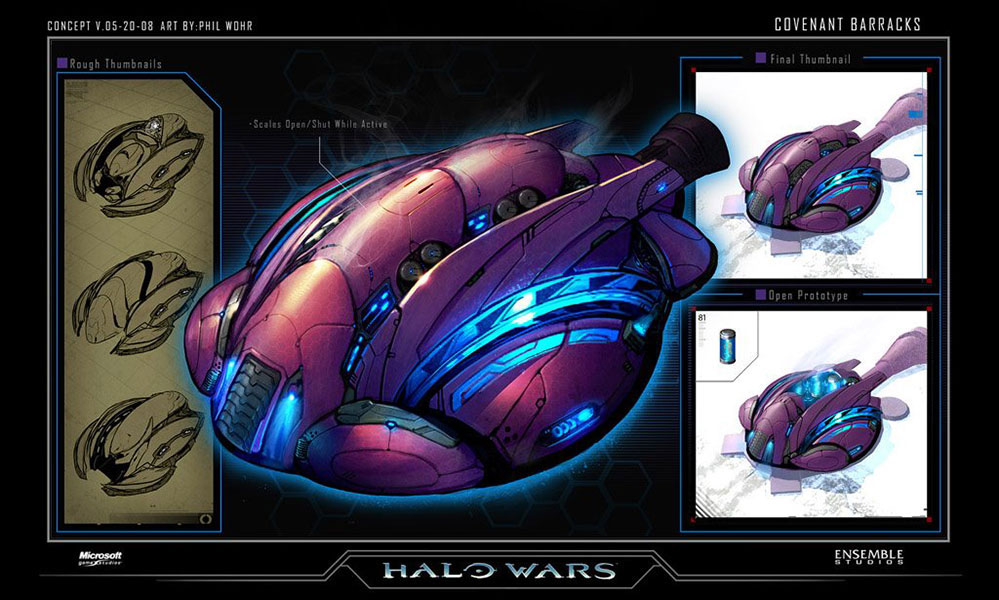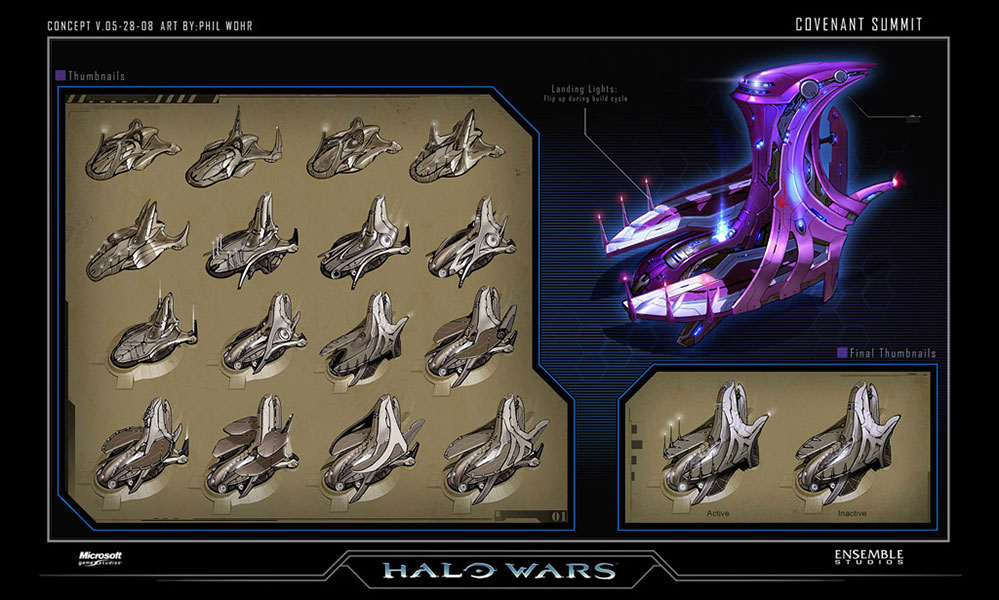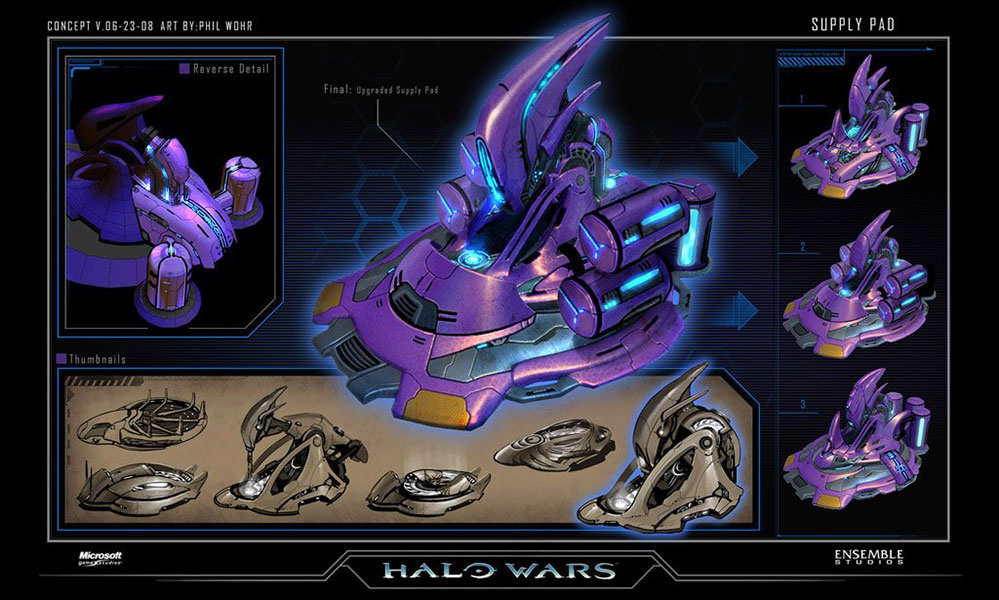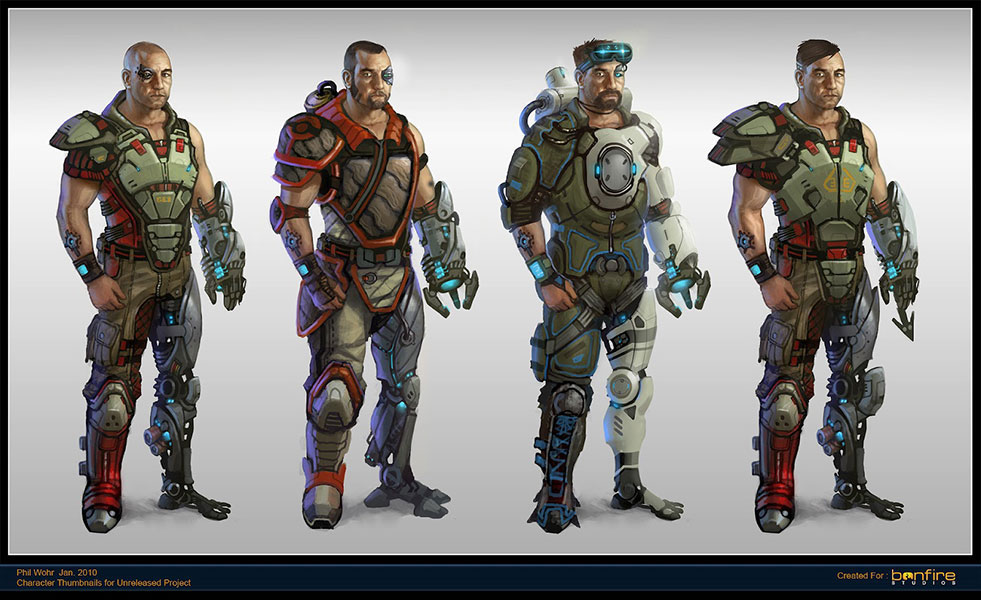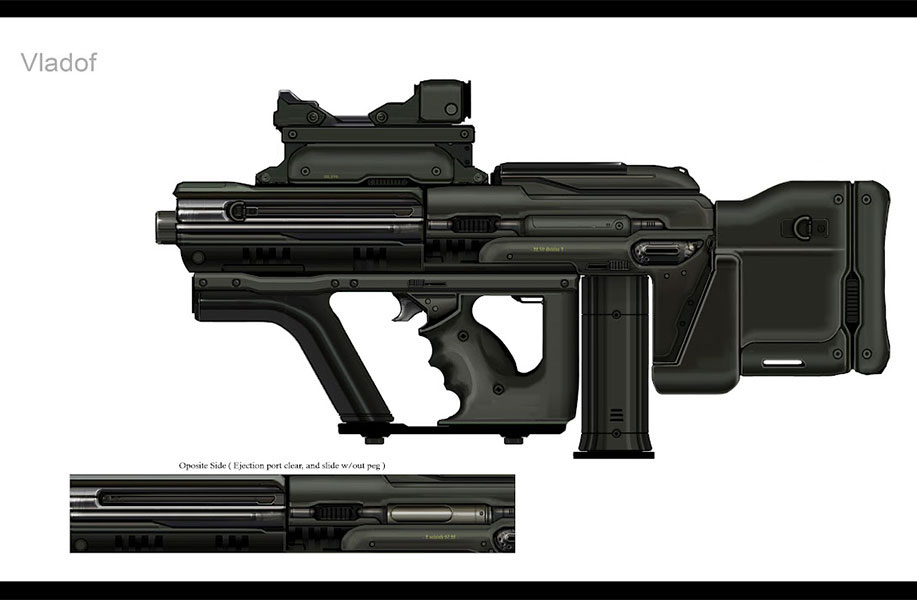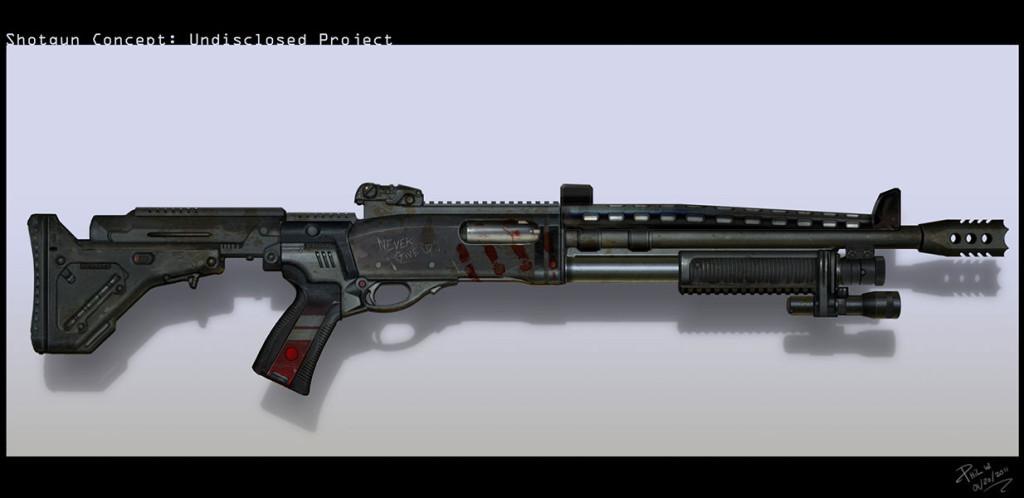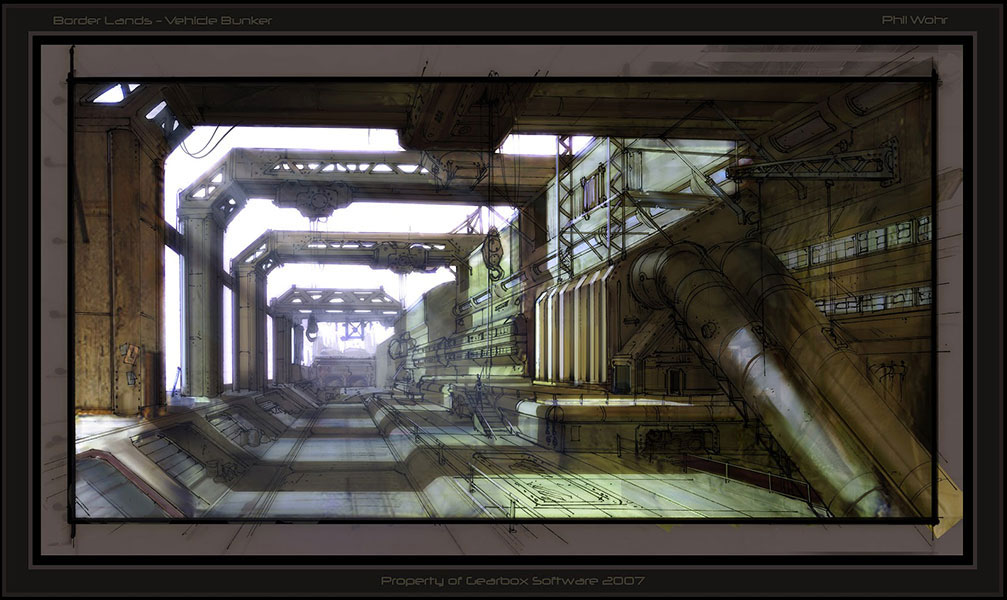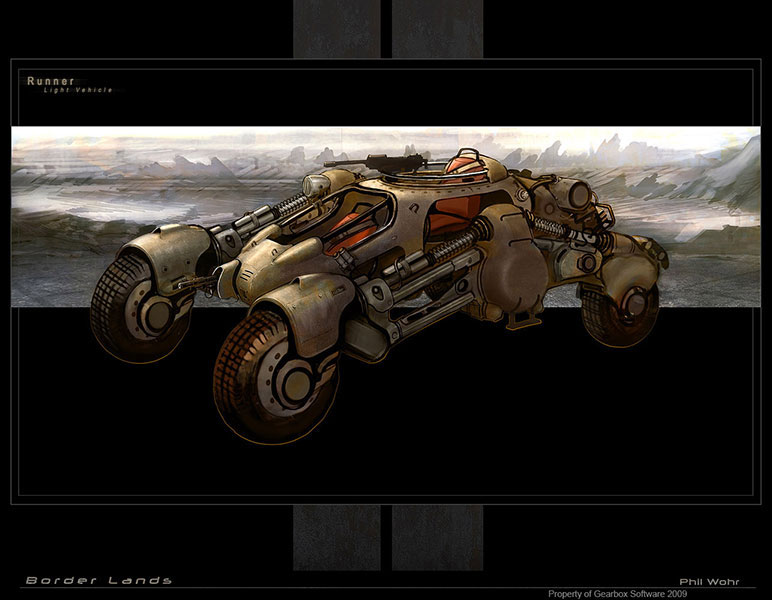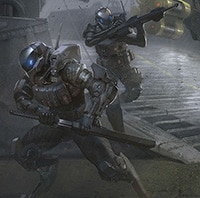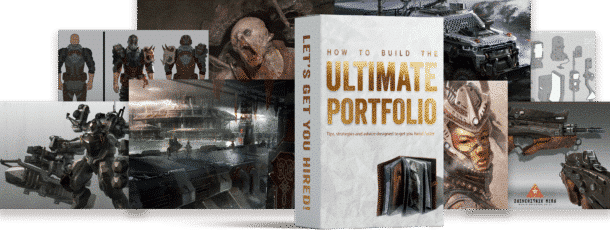Phil Wohr is an in-house concept artist, currently working at Nerve Software, in Dallas Texas.
Website: http://artofphilwohr.blogspot.com/
Educational background: The Art Institute of Dallas, Degree: Associate of Applied Arts, Pre-Visualization. Graduated 2005
Number of years in industry: 10 yrs (since 2005)
Shipped titles/ Projects worked on: Call of Duty Advanced warfare Havoc DLC, Borderlands, Halo Wars, Castle Ville, SteamBandits Outpost (Steam early access), and many more.
Phil Wohrs’ Current Portfolio examples:
WHAT’S THE MOST IMPORTANT PIECE(S) OF ADVICE YOU CAN OFFER STUDENTS THAT YOU WISH THEY HAD TOLD YOU IN ART SCHOOL?
Definitely work on what you find inspiring but also remember that you want to be creating work that is going to be relevant to the industry and the jobs you want. A portfolio full of manga art or furries probably won’t get you a game job working on a realistic first person shooter. Most of the time you can find some crossover between the kind of art you want to make and the kind of art that will get you hired.
Also, there will be some companies that will try to take advantage of young talent. If someone is trying to get you to help them on their startup project or kickstarter campaign or whatever, often without pay, just make sure it’s helping you as well.
Promises don’t pay bills, and a lot of indie projects fail. Analyze the situation based on what’s happening right now, not what could happen in the future.
If you are going to do that kind of work to help your own portfolio or to make some money just don’t sacrifice too much making art you don’t like, or doing work based on some future promise that may never come true. That can be a hard lesson so, if at any point you feel like it’s not working for you or you aren’t benefiting then move on, even if it’s just to work on your own portfolio some more.
…You have to be the one who guides your own career.
ASSUMING THAT THERE ARE NO SPACE-TIME PARADOX’S INVOLVED… IF YOU COULD GO BACK IN TIME 10 YEARS (KNOWING WHAT YOU KNOW NOW), WHAT WOULD YOU TELL YOUR YOUNGER SELF TO DO DIFFERENTLY?
I don’t even know that I’d want to change anything. I certainly wouldn’t want to relive some things, but all the hardship (and even the things that I would have avoided at the time), have made me the person I am. I don’t think I’d appreciate where I’m at today without the struggles of yesterday.
Don’t compromise on your passions!
If you are working on a job, and most (not just some) of the work you are doing is stuff you aren’t passionate about, or you can’t use most of it in your portfolio; then leave that job as soon as possible. I definitely had some situations that if I had gotten out of sooner I’d probably be a better artist today.
WHAT DOES “SUCCESS” MEAN TO YOU AND, WHAT ARE AT LEAST THREE THINGS YOU NEED TO DO IN ORDER TO ACHIEVE IT?
Success for me is following your creative passion and using those passions to create works of art that keep you inspired, while inspiring and entertaining others.
It’s easy to say, but acting on it can be difficult when “following your passion” doesn’t seem financially viable. It’s also easy to end up compromising yourself by staying at a company just because it’s “safe”, or out of fear of the unknown, or just for financial reasons. In the end though, I think passion breeds hard work- and hard work brings money, (but you have to be in the right position to take advantage of this). If you find that home is the only place where you are ever able to follow your passions, even while working at a “good” studio, then it might be time for a job switch.
So the road map to success is simply to work on the kind of art that you are passionate about, find a job that has overlap with what you like to work on that supports those passions, then push hard in the direction of your dreams without too much compromise.
If you can stay with your passions you’ll be much less likely to burn out, and it will be easier to work hard. If you do find yourself stuck at a job you aren’t happy with then make sure you find your passion outside of it because it takes a lot of work to build up the momentum to get a portfolio together when you aren’t making any portfolio work on the job. If you are in that situtaion, stick with it though, it’s definitely possible to dig out of that situation. And when you are in school it’s kind of the same thing. You are working hard towards building a collection of images that when other people see them they can immediately tell that you really care about the work you are making. And when they see that extra effort and care that you put in and if it lines up with what they need, then with any luck you’ll get the position.
If you would like to read more from Phil Wohr, check out his full interview. In it, we ask him specific questions about what it’s like to be a concept artist in the entertainment industry, dispel a few common misconceptions that aspiring artists tend to have about the field, discuss his educational background, how he markets himself in the industry and more.
All images used with permission by the artist. ©Phil Wohr

